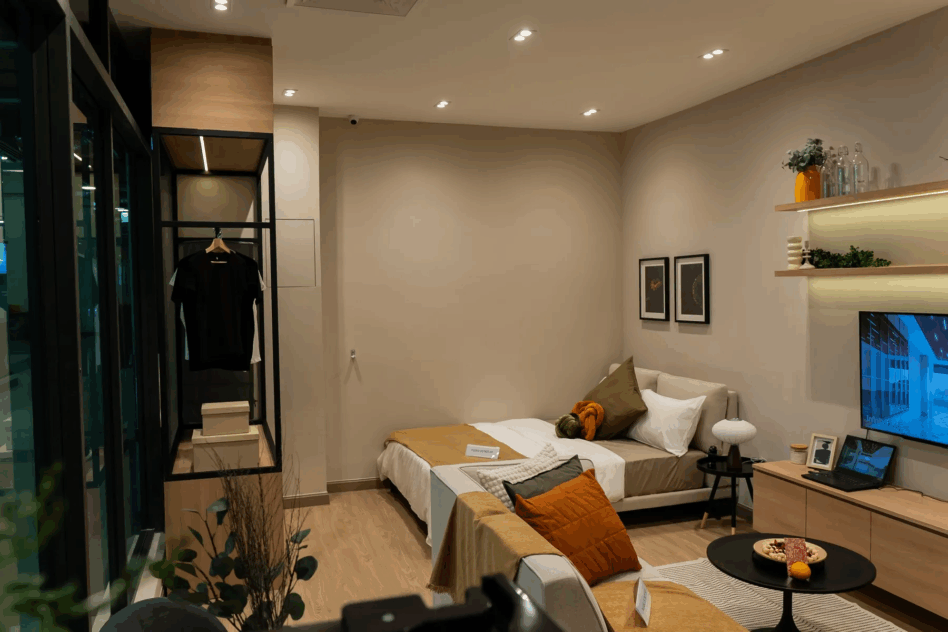BUSINESS operators that frequently argue with customers may win many battles but would eventually lose the war. Their sales would plummet after sentiments are turned against them in the court of public opinion.
Recently, State Tourism, Culture, and Environment Assistant Minister Datuk Joniston Bangkuai advised operators in Sabah not to abuse social media by using it as a platform to air complaints or express dissatisfaction about guests.
He was speaking at the Santai Kaamatan programme with the Kadamaian Tourism Association (Kata) at the Sosondoton View Community-Based Tourism in Kampung Piasau, Kota Belud.
Kata president Walter Kandayon, who is also president of the Federation of Rural Tourism Association Sabah, was present.
Bangkuai, who is also the Sabah Tourism Board chairman, gave the timely advice following an online spat involving a campsite operator in the rural Kota Belud district, about 80km northeast of Kota Kinabalu, and a guest.
The operator had used social media to criticise the guest’s alleged behaviour while staying at the campsite and the matter went out of hand when others online piled in their own reactions over the issue.
This brings us to the million-dollar question: Is the customer always right? As far back as 1909, Harry Gordon Selfridge, founder of Selfridge’s department store in London, declared that “The customer is always right” to convince customers that they will get good service at his store.
Guided by this maxim for the past 115 years, its business remained as solid as ever and was voted the “World’s Best Department Store”. Selfridges at Oxford Street is an iconic London landmark and a luxury shopping experience, home to both affordable and premium brands.
Today and in our own country, tourism personnel that attended Mesra Malaysia, a customer service training programme by the Tourism, Arts and Culture Ministry, were asked the million-dollar question: Is the customer always right?
It would be followed by silence before some would murmur “yes” while others “no”. This is because Malaysians in general do not think through what they have read or heard and they remain as superficial information, not useful knowledge that are ready for application.
Mesra Malaysia trainers would then address and settle this hesitation once and for all by first acknowledging the fact that no one is perfect, and therefore no customers can be right all the time. But just as in life, wanting to be right is not the most important when doing business
It may be good to be right, but it is better to be kind, which is far more effective in dealing with others as people are often more emotional than rational, and even the most intelligent or knowledgeable may not be able to think logically or reason well when enraged.
Never try to argue or even explain until both parties have cooled down, which would be faster if one side chooses to apologise regardless of whose fault. The actual words used matter little as the tone of the voice and body language convey actual feelings that are easily understood.

These could only be communicated face-to-face and would be too tricky to express in writing. Something that appears neutral to third parties could be read in a positive or negative light by quarrelling parties, depending on the mood or mindset.
So, how should customers be treated if they are angry, or you are unhappy with them?
First, apologise even if it was clearly the fault of the customer. Show respect and make sure the customer does not lose face. Let the customer vent his fury and listen attentively by acknowledging his accusation, valid or otherwise, before offering an explanation or suggestion.
If you plan to do something for the customer, ask for permission first and if agreeable, say thank you and do it cheerfully. Usually, things that went wrong were not the fault of one party entirely as both sides could be blamed, with one side contributing more than the other.
But if you value the customer, you must treat the customer as if he was right even when he was not. Pointing out that he was in the wrong would cause him to lose face and never return. If he leaves with dignity intact, he may realise later his mistake and become another loyal customer.
Granted, not all customers are worth keeping and it would be too taxing to bend backwards each time when there are too many of them. But it would be a grave mistake to offend any of them or engage in prolonged spats over social media that could easily go viral.
Those in business ought to act professionally and not allow ego or personal feelings to get in the way. Wanting to be right could be costly if such battles go all the way right up to the courts. On the other hand, choosing to lose could be one of the best business decisions one can make.
In any case, being kind is within reach of everyone and kindness is appreciated and admired more than intellect or knowledge. Business operators that showed empathy or hostility towards their customers in their hour of need will long be remembered and eventually reciprocated. – June 26, 2023
YS Chan is a master trainer for Mesra Malaysia and Travel and Tours Enhancement Course and an Asean Tourism Master Trainer. He is also a tourism and transport business consultant.
The views expressed are solely of the author and do not necessarily reflect those of Focus Malaysia.
Main pic credit: The Jakarta Post









